
Roxadustat’s developers intend to file the full phase 3 protocol for the FDA in the fourth quarter of 2025.

Your AI-Trained Oncology Knowledge Connection!


Roxadustat’s developers intend to file the full phase 3 protocol for the FDA in the fourth quarter of 2025.

START is the largest early-phase oncology network in the community-based setting, according to Geraldine O’Sullivan Coyne, MD, PhD, MRCPI.

Shebli Atrash, MD, believes the future for treatment in multiple myeloma, as well as in solid tumors and beyond, includes immune therapies.

Jose Sandoval Sus, MD, discussed the “revolution” that CAR T-cell therapies have facilitated for patients with large B-cell lymphomas.

Phase 2b findings demonstrate improved 2-year survival outcomes with OST-HER2 compared with historical control data.

The 2025 National ICE-T Symposium gave oncology experts an opportunity to share ideas regarding the administration of cellular therapies.

Zongertinib is now approved by the FDA for patients with nonsquamous NSCLC with HER2 TKD activating mutations.

Preplanned interim results from the phase 3 EPCORE FL-1 trial support the FDA granting priority review to epcoritamab with rituximab and lenalidomide in relapsed/refractory FL.
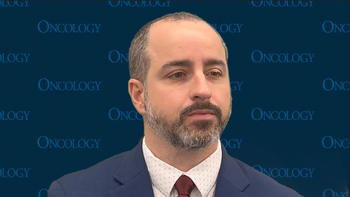
Jose Sandoval Sus, MD, discussed standard CAR T-cell therapies in patients across multiple high-risk lymphoma indications.

Balancing a career as a pediatric oncologist with leadership responsibilities, Maria C. Velez, MD, shares insights into her passion for the field and ASPHO’s impactful work.
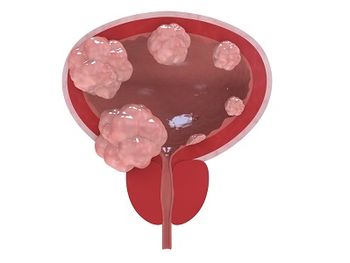
Adverse reactions in the phase 3 ENVISION trial were largely mild to moderate in severity, and serious reactions occurred in 12% of those with NMIBC.

Data from the PANOVA-3 trial may support the concomitant use of TTFields plus standard of care in solid tumors across different therapeutic settings.

The new formulation should increase the batch size by approximately 50% and will offer the potential to expand access to patients in new geographic locations.

Symptom specificity is now included in updated guidelines for SCLC relating to LEMS, characterized by proximal muscle weakness and autonomic dysfunction.
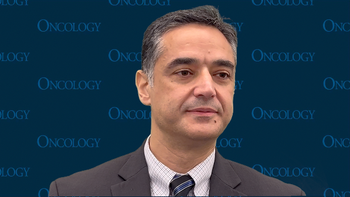
Elucidating nonresponses to bispecific T-cell engagers may be an important research consideration in the multiple myeloma field.

The anti-CD19/4-1BB CAR T-cell therapy candidate elicited an ORR and CR rate of 100% each in patients with relapsed/refractory MCL.

Barriers to access and financial toxicities are challenges that must be addressed for CAR T-cell therapies in LBCL, according to Jose Sandoval Sus, MD.

Patients reclassified to high-risk clinicopathology with DCISionRT saw an absolute reduction in IBR rates of 11.6%; from 17.7% to 6.1%.

Supporting data for the accelerated approval of dordaviprone come from 5 open-label trials in H3 K27M-mutant diffuse midline glioma.

While there is no clear and cut way to transition patients from pediatric to adult care, Maria C. Velez, MD, has established a helpful network of willing clinicians.

The intravenous formulation of tocilizumab-anoh for CRS is expected to launch in the US on August 31, 2025.

Fixed treatment durations with bispecific antibodies followed by observation may help in mitigating infection-related AEs, according to Shebli Atrash, MD.

The independent data monitoring committee confirmed the favorable safety profile of ELI-002 7P for the treatment of PDAC in the phase 1/2 AMPLIFY-7P trial.

Shebli Atrash, MD, stated that MRD should be considered carefully as an end point given potential recurrence despite MRD negativity.

While Maria C. Velez, MD’s, term as president of ASPHO is only 1 year, she is already confident in ASPHO’s strategic plans.

Results from the marginal zone lymphoma cohort of the TRANSCEND FL trial showed liso-cel elicited an ORR of 95.5% and a CR rate of 62.1%.
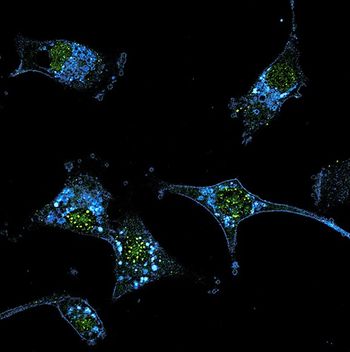
At 4 years, about 20% of patients with advanced melanoma who received tumor-infiltrating lymphocyte therapy were alive and responding to treatment.
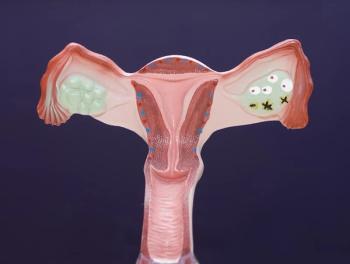
Further studying the biology of minimal residual disease may uncover ovarian cancer vulnerabilities and inform more effective therapies.

More work is needed to expand access to novel CAR T-cell therapies and bispecific agents among community oncologists, according to Al-Ola A. Abdallah, MD.

Following the approval of dato-DXd in untreated EGFR-mutant NSCLC, Jacob Sands, MD, discussed next steps for improving outcomes for this disease.